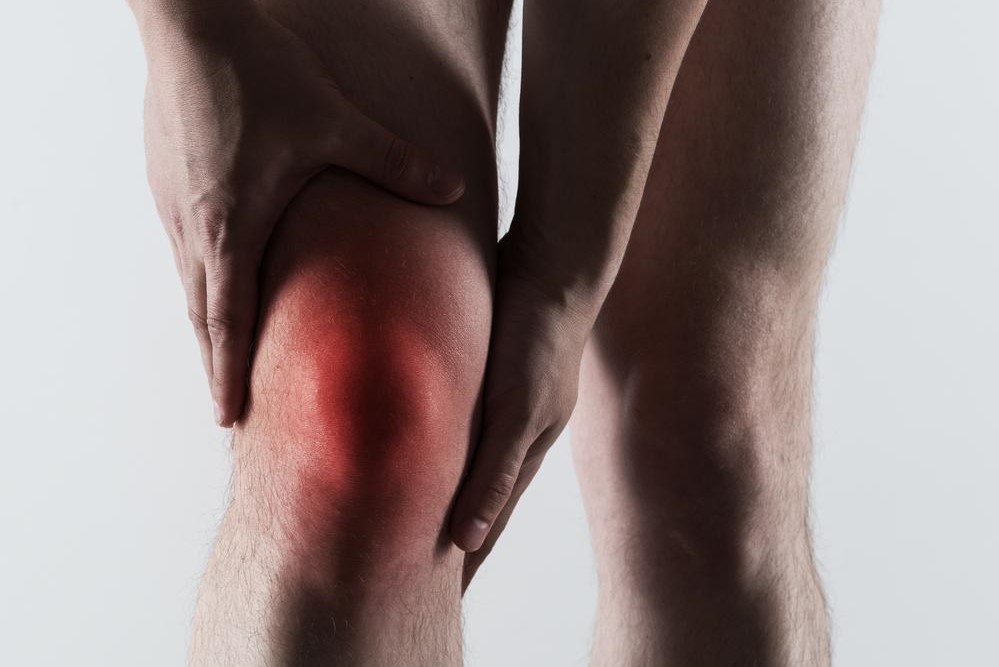Gout Symptoms
Gout is a variety of conditions that are caused by a buildup of uric acid. This usually tends to affect the feet, particularly the big toe. The uric acid crystallizes, and the crystals deposit in joints, tendons, and surrounding tissues. People who have gout feel swelling and pain in the joints of the foot. Sudden and intense pain, or gout attacks, can make it feel like your foot is on fire.Gout has become more common in recent decades, affecting about 1 to 2% of the Western population at some point in their lives. The increase is believed to be due to increasing risk factors in the population, such as metabolic syndrome, longer life expectancy, and changes in diet.

The signs and symptoms of gout almost always occur suddenly — often at night — and without warning. They include:
1) Warmth, pain, swelling, and extreme tenderness in a joint, usually a big toe joint camera. This symptom is called podagra. The pain often starts during the night. It may get worse quickly, last for hours, and be so intense that even light pressure from a sheet is intolerable.
2) There is lingering discomfort. After the most severe pain subsides, some joint discomfort may last from a few days to a few weeks. Later attacks are likely to last longer and affect more joints.
3) The affected joint or joints become swollen, tender, warm and red.
4) Decreased joint mobility may occur as gout progresses.
5) Peeling, itchy and flaky skin over the affected joint as the inflammation subsides.
The intense pain that gout causes can make walking and getting around difficult. Even the light pressure of a bed cover or blanket can be unbearable. If you experience sudden, intense pain in a joint, call your doctor. Gout that goes untreated can lead to worsening pain and joint damage.
Seek medical care immediately if you have a fever and a joint is hot and inflamed, which can be a sign of infection.

